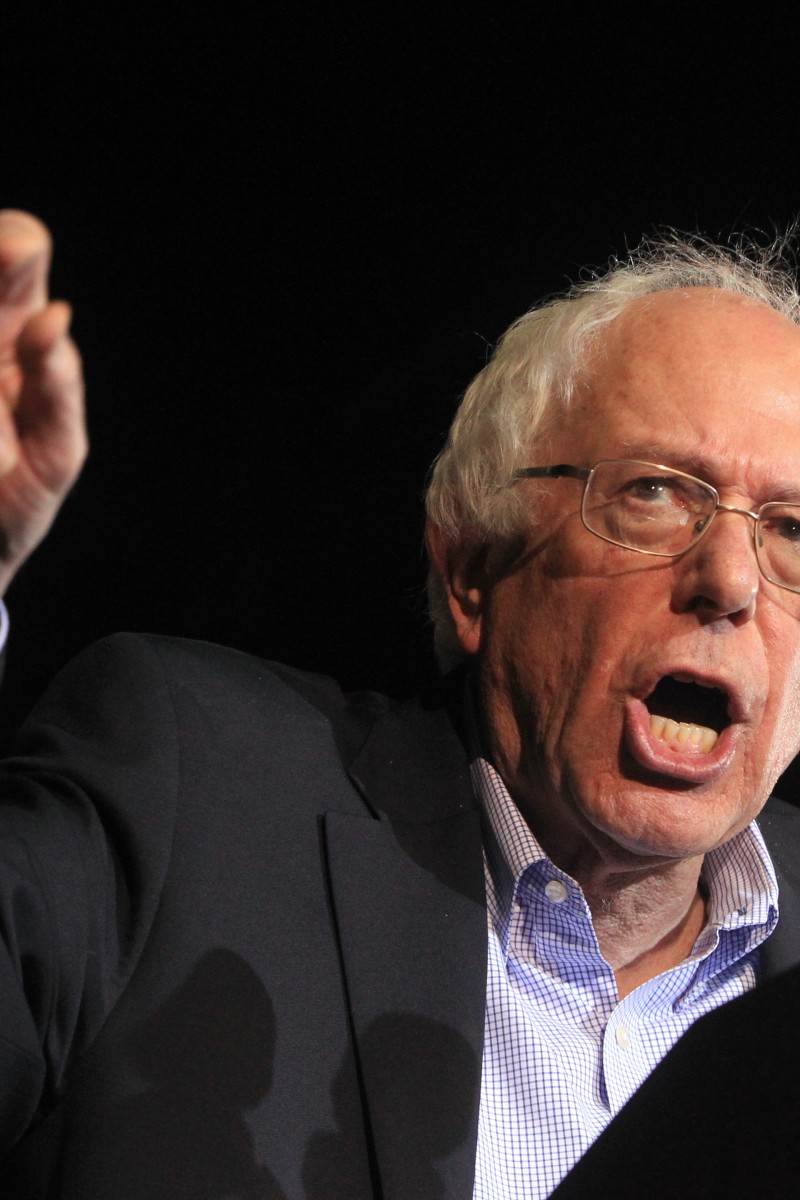
Young voters show that social liberalism is the way for the future
 Democratic presidential candidate Sen. Bernie Sanders.
Democratic presidential candidate Sen. Bernie Sanders.A lot of the pre-election media coverage in the United States has revolved around a rather outlandish Republican candidate by the name of Mr. T (no, not the wrestler with the funky hair). However, there is another man on the other end of the political spectrum who is gaining a fair amount of traction, too. His name is Bernie Sanders.
This presidential candidate calls himself a “democratic socialist”, a person who “believes that both the economy and society should be run democratically in order to satisfy the needs of the general public, rather than the elite”.
He’s an advocate for higher taxes on the rich, an increased minimum wage, and a universal healthcare system. Though it may be a no-brainer to many, his political ideology is considered to be quite foreign and extreme in the little world of US politics; he is deemed “unelectable” as his views aren’t compatible with that of the traditionally centre-right public.
His policies aren’t exactly unpopular, however. In fact, he’s 12 percentage points ahead of Trump according to the latest McClatchy-Marist poll. It seems that his brand of socialism isn’t so foreign after all.
Sanders is not the only one challenging the status quo. Alexis Tsipras’ struggle against the EU has been hailed by pundits as “a victory for democracy”. Canada’s newly-elected liberal Prime Minister Justin Trudeau made headlines for disrupting nine years of conservative rule. Staunch socialist Jeremy Corbyn’s win to become leader of the UK Labour Party also captured a great amount of attention from the general public.
Bearing in mind that all four of these men made their leap in the same year, one wonders if there is a deeper underlying cause for their success, other than their ability to charm audiences.
A 2014 Pew Research report indicated that 41 per cent of millennials in the United States (currently ages 18-33) identified as liberals; only 15 per cent identified as conservatives. The “Baby Boomer” generation (ages 50-68), on the other hand, were 34 per cent conservative and 33 per cent liberal. This shift in mood amongst the new adult population has very much been the root cause for the rise of social liberalism across the world.
Leading political scientist Noam Chomsky attributes this shift, this erosion of social conservatism, to “the suffering of people everywhere” and the conservatives’ “dedication to the interests of the wealthy and powerful”.
Years of conservative reign in countries such as the UK and Canada have left much to be desired, particularly after the 2008 Financial Crisis. Even the relatively-liberal Obama administration has failed to please most Americans; people still feel that businesses have the greatest say in policy-making.
Tsipras’ and Trudeau’s wins are solid proof that social liberalism is the way for the future. Sanders’ and Corbyn’s gains suggest that this preference for left-wing, pro-people policies is more than just a fad – it’s the awakening of the global populous. It won’t be long until more governments will have to start adjusting to this universal desire for equality and economic security.